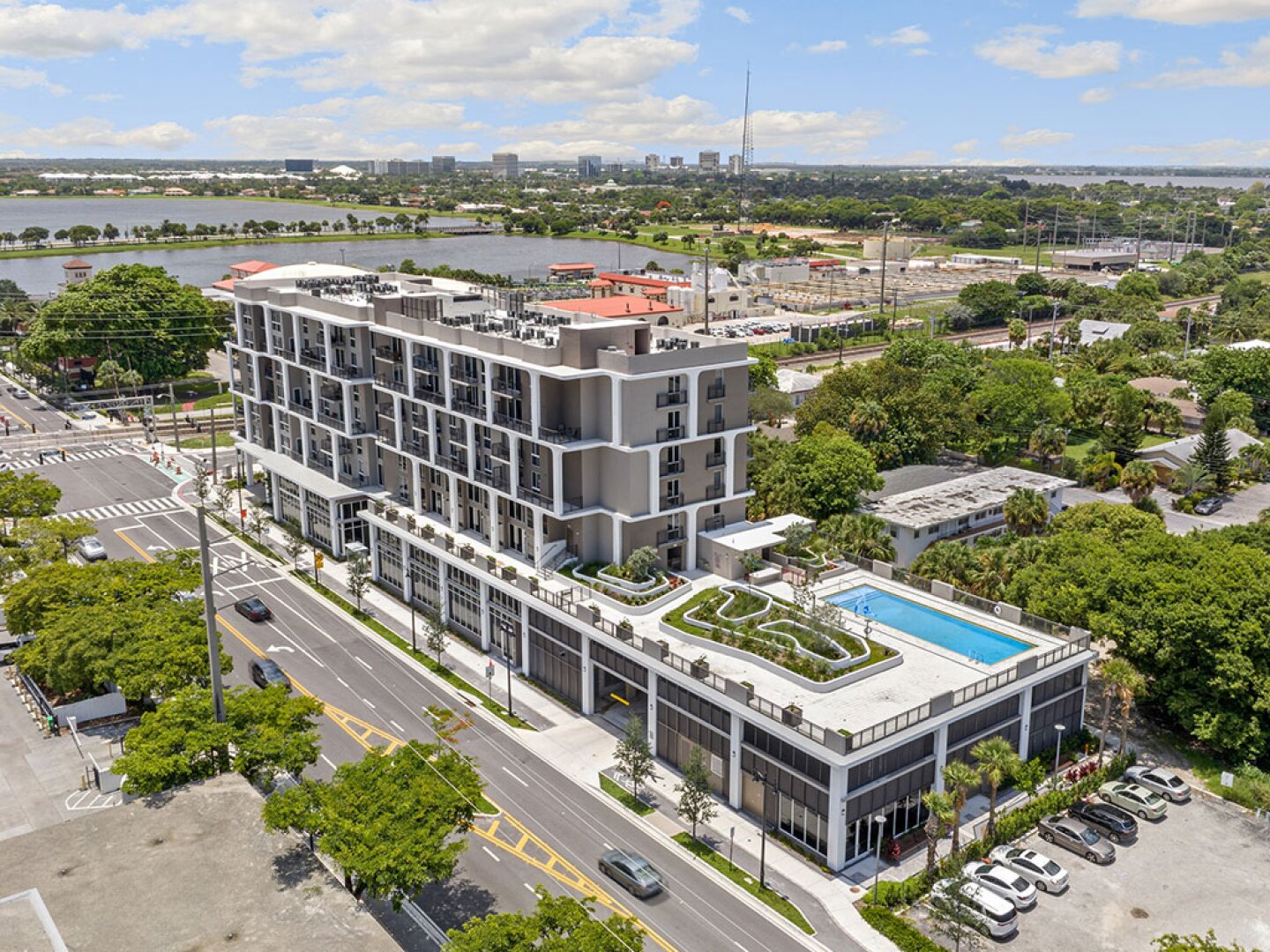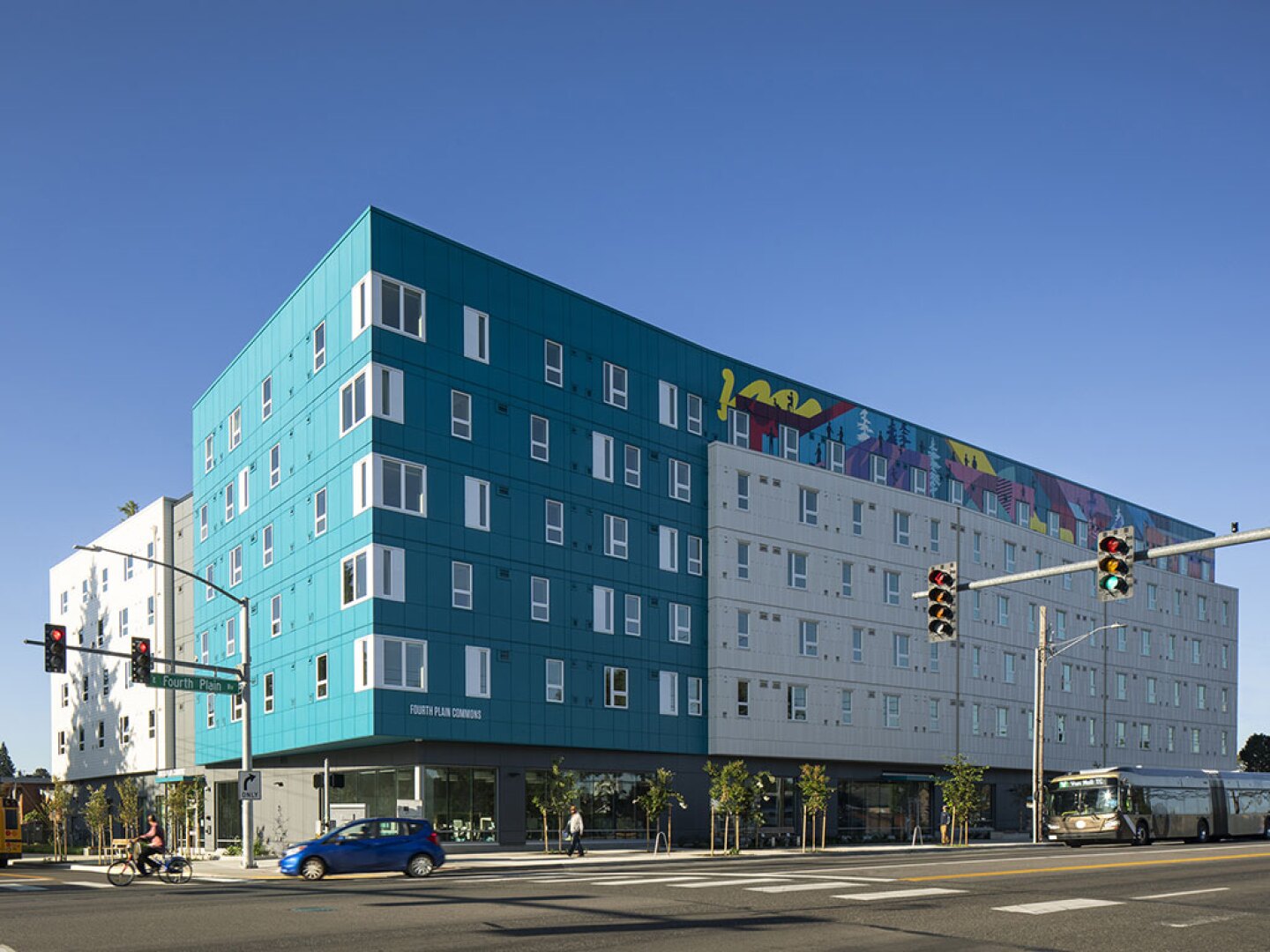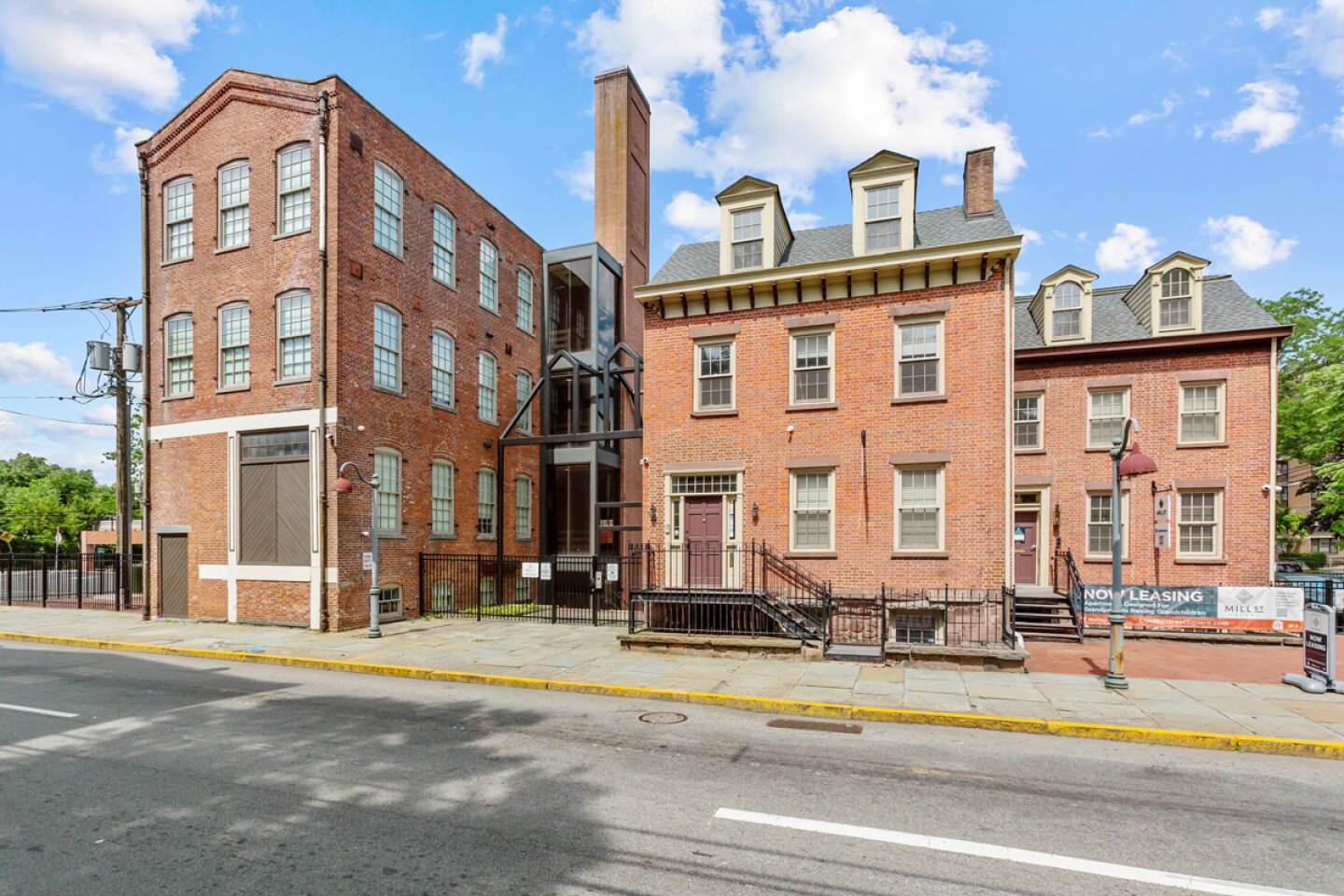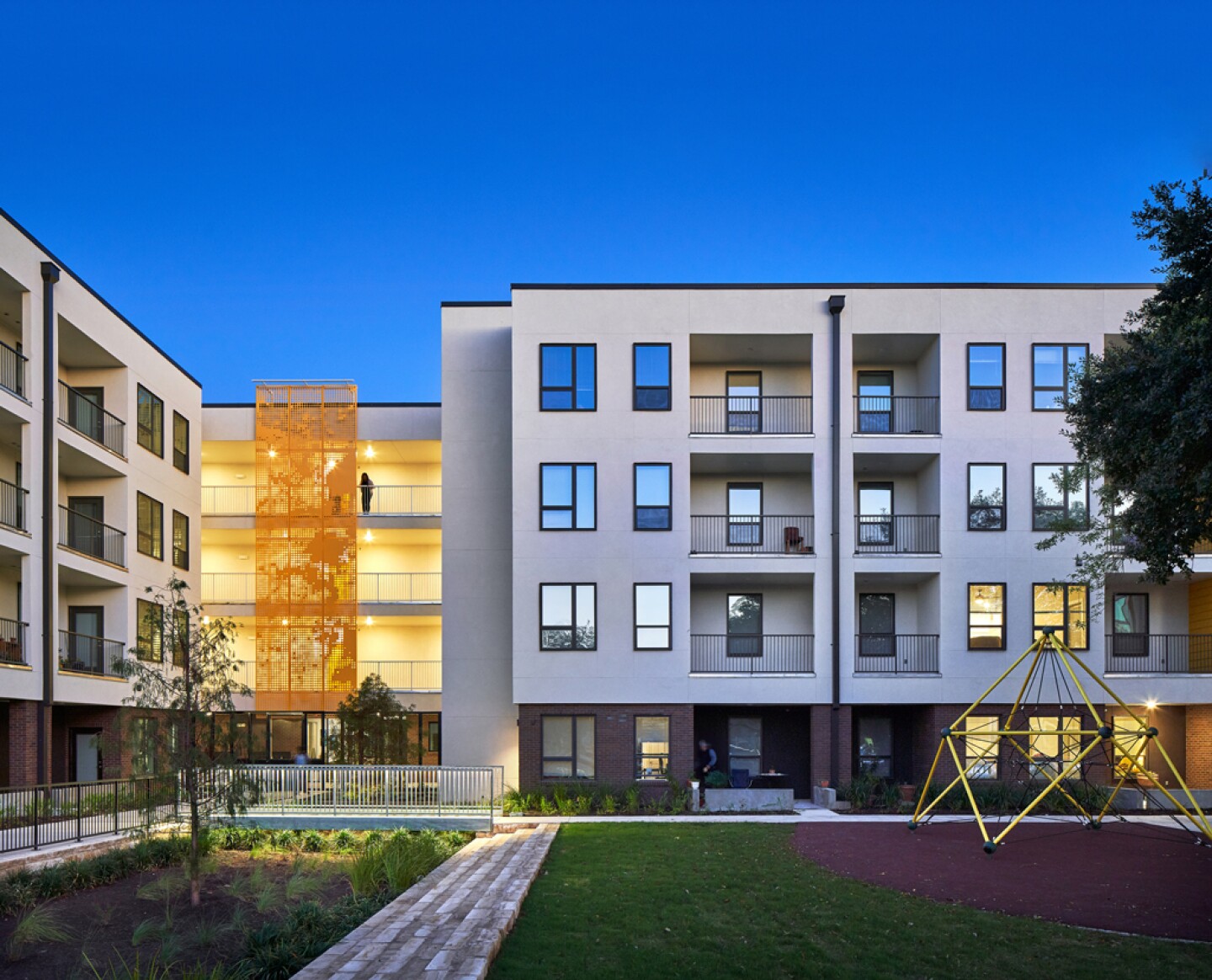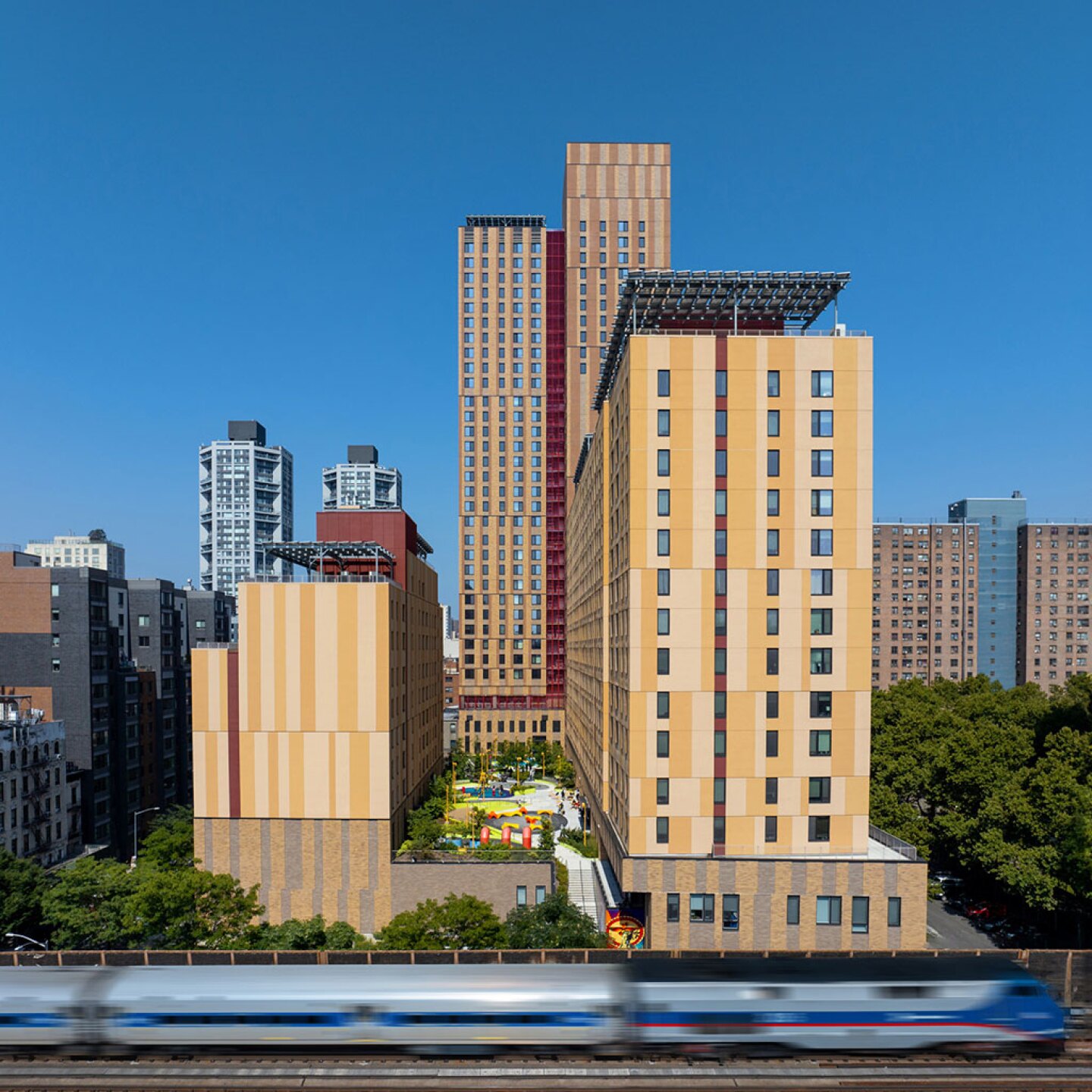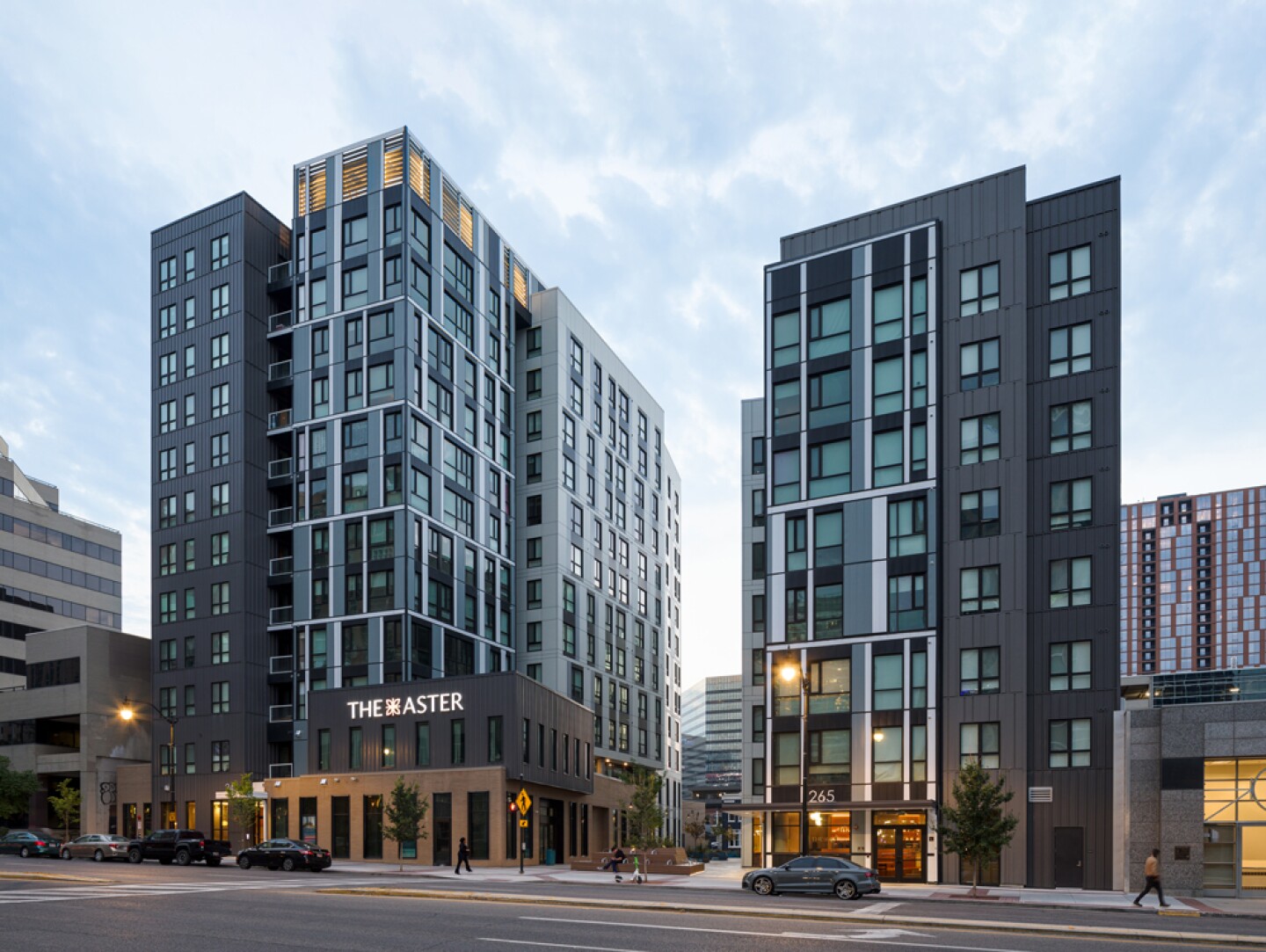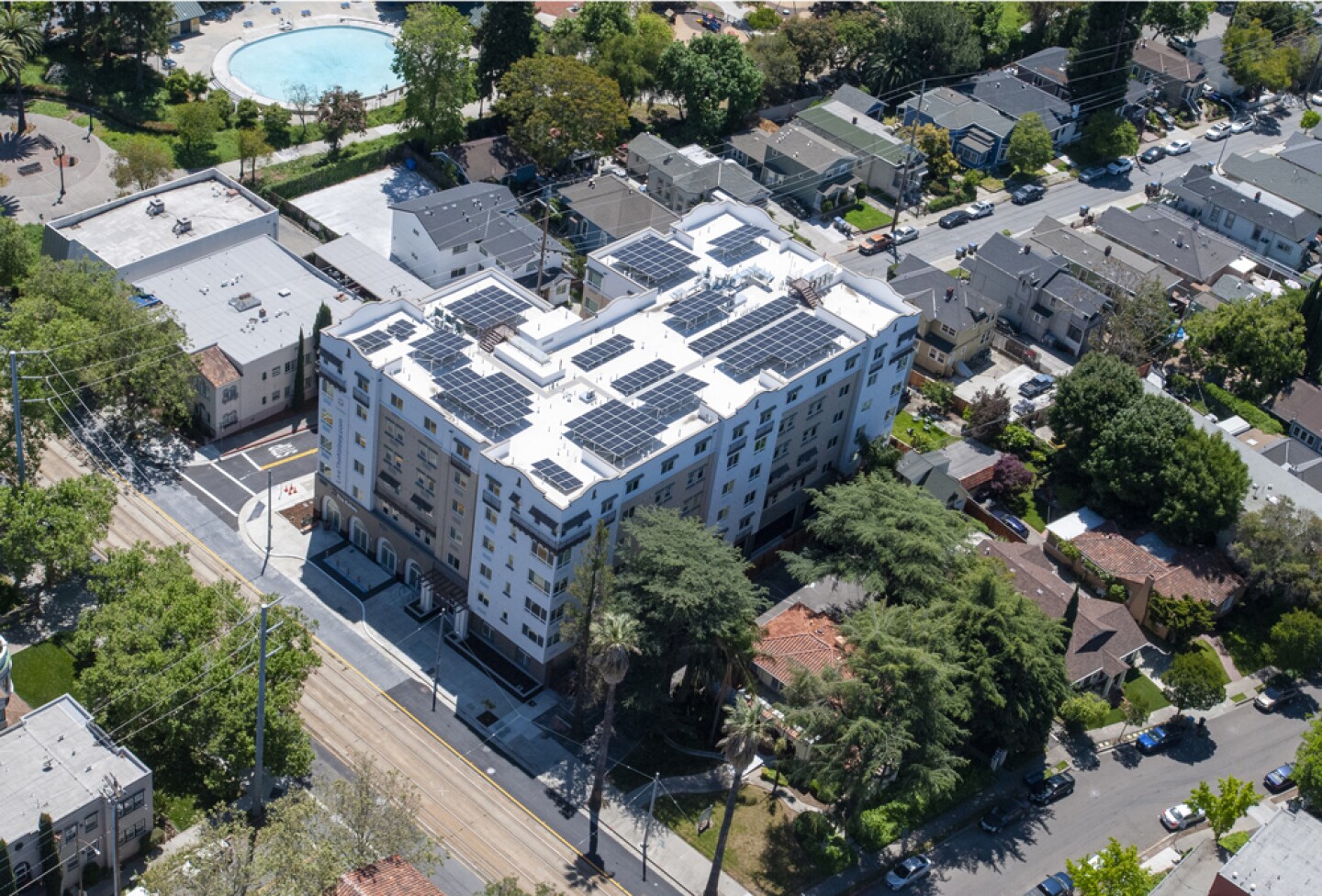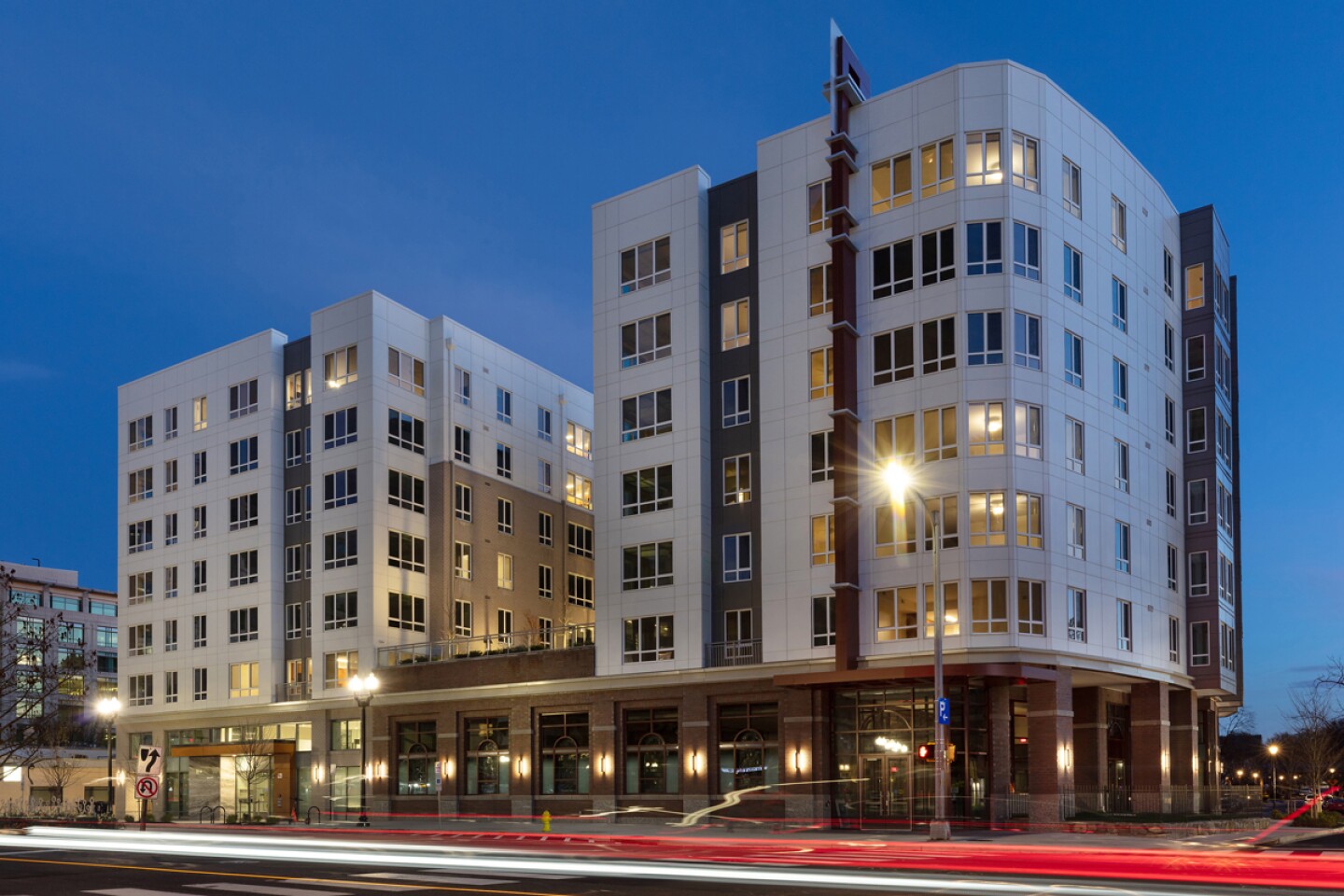The ULI Terwilliger Center for Housing has announced two finalists for this year’s Jack Kemp Excellence in Affordable and Workforce Housing Award and eight finalists for the Terwilliger Center Award for Innovation in Attainable Housing.
“ULI’s Terwilliger Center for Housing is honored to present this year’s Kemp Award and Innovation Award finalists,” said Ron Terwilliger, awards jury chair and founder of the ULI Terwilliger Center for Housing. “Each finalist demonstrates ingenuity in building housing that meets the needs of their communities. While each community faces unique economic and real estate circumstances, the affordability demand is universal. I am pleased to see how developers have been able to provide high-quality homes for moderate- and lower-income households. We hope the real estate community can learn from these finalists.”
The Kemp Award was established in 2008 in memory of Jack Kemp, a former secretary of the U.S. Department of Housing and Urban Development and a national advisory board member of the Terwilliger Center. It recognizes developments that use innovative financing sources to provide attainable mixed-income housing, primarily focusing on households earning between 60 percent and 120 percent of the area median income (AMI).
The Terwilliger Center created the Award for Innovation in 2022 to recognize unique yet replicable developments that offer or preserve deeper affordability.
This year’s finalists for the Jack Kemp Excellence in Affordable and Workforce Housing Award are:
The Wilder, Nashville, Tennessee — The Wilder transforms an underutilized motel into 97 units of permanent, mixed-income workforce housing in the urban core of Nashville. By reusing an existing motel building, the project delivers workforce housing faster and more cost-effectively than a typical ground-up apartment development. Those savings, combined with a creative financing and investment strategy, allow the project to serve households earning 60% to 100% of AMI without relying on public subsidies.
Market Street Village, San Diego, California — Market Street Village, a 229-unit property in downtown San Diego, exemplifies an innovative strategy for converting market-rate properties to affordable housing through a social impact equity fund that bypasses the low-income housing tax credit (LIHTC) process. The property designates half of its units for veterans exiting homelessness and the other half for individuals earning up to 80 percent of AMI. An on-site tenant wellness coordinator supplements services provided by Department of Veterans Affairs case managers to help tenants stay housed and build long-term stability.
This year’s finalists for the Terwilliger Center Award for Innovation in Attainable Housing are:
Flagler Station, West Palm Beach, Florida — Flagler Station, the first new affordable apartment community in downtown West Palm Beach in 30 years, offers 94 one-, two- and three-bedroom apartments for income-qualifying residents earning at or below 30 percent, 60 percent, 70 percent, and 80 percent of AMI. Located a block from the Florida Tri-Rail/Amtrak station, the community provides housing for essential workers, reducing the need for long commutes.
Fourth Plain Commons, Vancouver, Washington — Located along a bus rapid transit corridor in Vancouver’s International District, Fourth Plain Commons provides 106 subsidized workforce housing units for individuals and families. The ground floor includes a community event space, a commercial kitchen incubator, and a space for a local nonprofit focused on community wealth-building. Designed with robust community engagement, the development features multiple gathering areas, including a rooftop deck, outdoor play space in a public park, a plaza for cultural events, and a six-story mural.
Mill Street Square, Paterson, New Jersey — Mill Street Square offers 74 affordable, family-size apartments, including 52 units designed for multigenerational households with grandparents raising grandchildren earning below 50 percent of AMI. The remaining 22 units serve families earning below 80 percent of AMI. This adaptive reuse transformed a vacant 19th-century brick mill into six loft-style apartments with space for a grandparent care nonprofit; built a new four-story apartment building and parking garage for the Paterson Parking Authority; and restored the historic Thompson and Ryle houses for use by the Paterson Music Project.
Pathways at Chalmers Courts, Austin, Texas — Originally built in the late 1930s, Chalmers Courts was one of the nation’s first public housing projects. The newly redeveloped Pathways at Chalmers Courts, shaped by extensive resident and community engagement, offers 398 modern, family-oriented apartments across two and a half city blocks, with a range of amenities and services designed to support long-term housing stability.
Sendero Verde, East Harlem, New York — Sendero Verde serves more than 700 families with incomes ranging from formerly homeless to 110 percent of AMI, and is now the world’s largest Passive House residential building. Conceived as a “community of opportunity,” it combines high-efficiency, healthy housing with access to quality schools, health care, transit, jobs, and open space. The site includes a Family Enrichment Center and hosts organizations such as Harlem Children’s Zone and Union Settlement. A grant-funded program delivers robust case management and social services for formerly homeless residents.
The Aster, Salt Lake City, Utah — Located in the urban core of Salt Lake City, The Aster offers 190 mixed-income units, from studios to four-bedroom apartments, for both market-rate renters and those earning 20 percent to 80 percent of AMI. The two mixed-use buildings include 19,000 square feet of commercial space and use an innovative steel structural system to reduce construction costs. A paseo plaza between the buildings provides a welcoming public space lined with restaurants, a food hall, event space, offices, and live-work units.
The Kelsey Ayer Station, San Jose, California — The Kelsey Ayer Station includes 115 apartments for residents earning 20 percent to 80 percent of AMI, with 25 percent of units reserved for people with disabilities. Designed for cross-disability access and inclusive community living, the $75 million development features amenities such as a sensory garden, craft space, fitness room, dog run, and wellness terrace. On-site Inclusion Concierge staff offer personalized support, resource referrals, and relationship-building among residents.
Unity Homes at Ballston, Arlington, Virginia — Unity Homes at Ballston replaces the former Central United Methodist Church with 144 affordable apartments co-located with a modernized church that includes a new sanctuary, commercial kitchen, and daycare. Across the street from a Metro station and served by numerous bus lines, the development also offers 5,000 square feet of amenity space, an outdoor courtyard with a green roof, and multiple flexible community rooms. True Ground’s CORES-certified Resident Services program provides a full-time coordinator to connect residents with support services and programs tailored to their needs.
The jury for the two awards is chaired by Ron Terwilliger, founder of the ULI Terwilliger Center and chairman of Terwilliger Pappas Multifamily Partners.
Other jury members are:
- Bonita Broadnax, director of housing and operations, Jeremiah Project, Charleston, Tennessee;
- Payton Chung, managing partner, Westover Green, Washington;
- Jill Ferrari, co-founder and managing partner, Renovare Development, Ypsilanti, Michigan;
- Cari Jones, managing partner and director of design, Cline Design Associates, Raleigh, North Carolina;
- Dara Kovel, chief executive officer, Beacon Communities LLC, Boston;
- Sara Myerson, managing director, MSquared, Wellesley, Massachusetts;
- Blaise Rastello, vice president, Ulysses Development Group, Denver;
- Mark Richardson, chief technology officer, Rich Analytics, Toronto;
- Stacy Silber, attorney, Lerch, Early & Brewer Chartered, Bethesda, Maryland;
- Jaydan Tait, president and CEO, Attainable Homes Calgary, Calgary, Alberta; and
- Emily Thompson, partner, GMD Development LLC, Seattle.
The winners will be announced in November during ULI’s Fall Meeting in San Francisco. For questions about the housing awards program, email [email protected].

